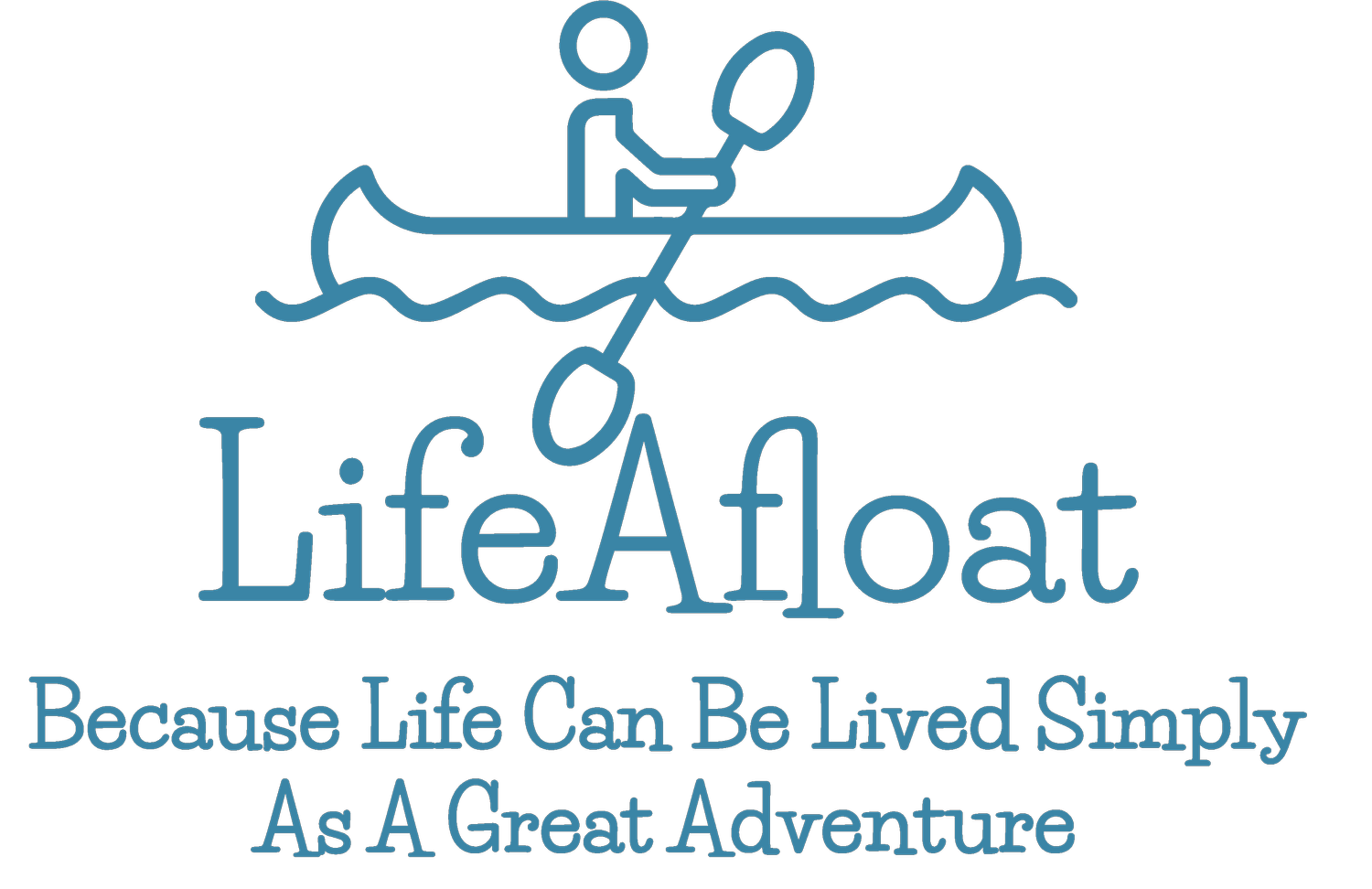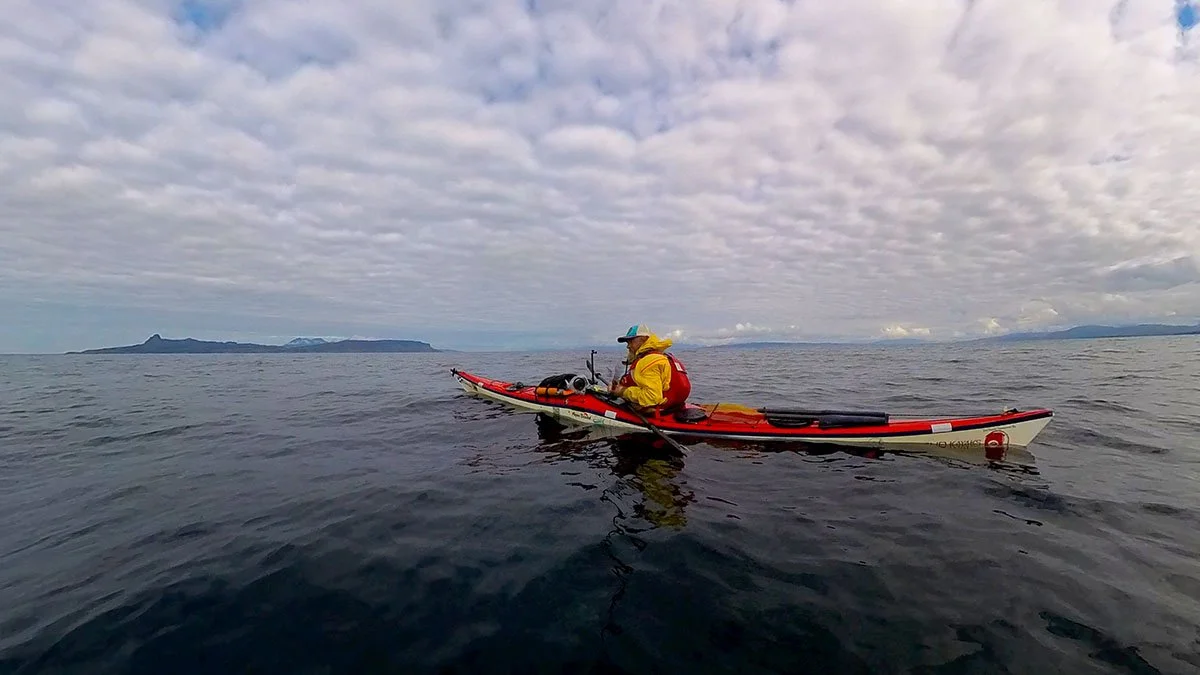World Mental Health Awareness Week - Friday - Nurturing My Nature
/My parents tell me as soon as I could walk, I would trot alongside my Dad through the bush down to the sandy dry Mzingwane River when we lived at West Nicholson in Matabeleland, Zimbabwe (then Southern Rhodesia). By the age of five I regularly went out with him on ‘Patrol’ into the wild and uninhabited lowveld bush around Triangle in Zimbabwe where we would sleep under the stars beside languid rivers within which the eyes of Crocodiles would be reflected back by torchlight, wake in the night with Hippo grazing around us, and get up in the dawn to watch the sun rise over the African bush from the high vantage point of a granite domed kopje (a low rocky hill, pronounced koppie). My early life memories are infused with many encounters with the wild, learning to walk silently on the balls of my feet, to sit for hours at a time without flinching, silent, eying the fringes of the bush for movement and the eventual reward of a wildlife sighting. How to follow animal spoor, interpreting their size and their intentions. How to simply ‘be’ in the wild, appreciating the fecundity of nature around me. Our family holidays were always camping trips to isolated parts of the country where we immersed ourselves in the wilderness, absorbing every nuance it had to offer.
Moving to Britain in my early teens, I continued to live a life where the open air and wide spaces were integral to my existence. Not one to follow a more usual teenage pathway, many of my weekends were spent camping on Bredon Hill in Worcestershire where sitting by a campfire was more fun than partying in friends houses. Later I would hitchhike to the Lake District whenever I had the chance to immerse myself in the fells and explore the mountain tops. My academic studies took second place to my passion for my involvement in the Duke of Edinburgh Gold Award and the school Combined Cadet Force. I volunteered as a Cotswold Country Park Warden building stiles and dry stone walls. I learned to fly gliders solo before I could drive and every weekend I would head out into the country to explore, history and nature being my passions.
It was no wonder then, I miserably failed my academic studies and my pathway into adulthood led me further into the world of outdoor activities and adventure. At the age of twenty one I became an instructor for Outward Bound and the rest as they say, is history. My life since then has been incredibly rich where I have been privileged to have shared so many wonderful moments of sheer outdoor joy with friends, colleagues and course participants and clients. I have worked in Wales, the Lake District, Lesotho, South Africa, Zimbabwe and Scotland, all the while facilitating personal development awareness for a huge range of people, young and adult. All these experiences have imbued a richness in my life which to be truthful, I find difficult to quantify. Suffice to say, I am truly grateful for the thousands of opportunities I have faced.
Now at the moment, my life is governed by my recovery from severe depression. As best I am able, I continue to live a life of wild outdoor connection where I take myself sea kayaking along the incredible Scottish coastline and set myself reasonable personal challenges. I love nothing more than spending nights out under canvas, somewhere silent and empty of humans. Key to my recovery process is nurturing my natural draw to nature and a need for personal adventure. Without access to this, I very much doubt I would have sufficient meaning within my life to inspire me to keep up the fight.
Outwith the moments of insight in the depths of my depression, my most powerful personal life lessons have occurred during my adventures. There are innumerable moments when my experiences in the wild have proved to be potent metaphors for my life and ones I continue to draw on time and again. In the moments when I’m in the desperate grip of a depressive episode, it’s these metaphorical insights which help me maintain a semblance of self-identity. For example, when asked who I am and what I do, I say my name and that I’m a sea kayaker. I do not qualify this but within myself I know I am a person who is an adventurer with a deep connection to the wild and natural realms. My adventuring spirit does not pit me against nature, but immerses me within it so I come up against myself. It is within this process I learn the most about who I am and my life. In tomorrow’s blog I will explain this in greater detail.
Nurturing my natural connection to nature is fundamental for my existence. I believe this to be true for millions of people too and there is nothing extraordinary in claiming this truth for myself. However, it’s not until recently I have fully embodied this awareness and to some extent, given myself permission to accept its validity. I think I continued to hold onto the notion of fitting myself into societal norms and certainly undertaking a more cautionary medically influenced approach to my recovery from depression. I am not out of the woods by a long stretch, but my understanding of my recovery and the importance of my nature within this is far clearer. There are hurdles to overcome and these require considerable focus on my part. Essentially, I continue to struggle with the belief I do not hold worth and until I rationalise this, my potential for change and success will continue to be locked within me. Paradoxically, it is through my adventures and my natural experiences where I challenge these notions of worthlessness, and again this is why it’s crucial for me to nurture my nature.
My story continues.

